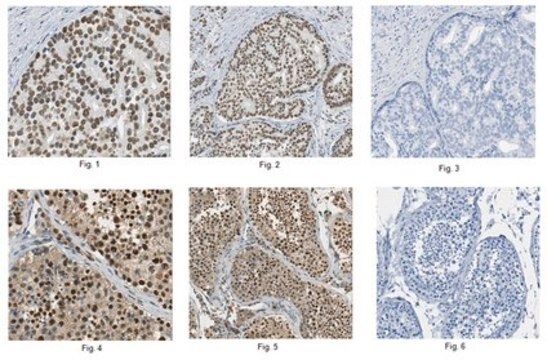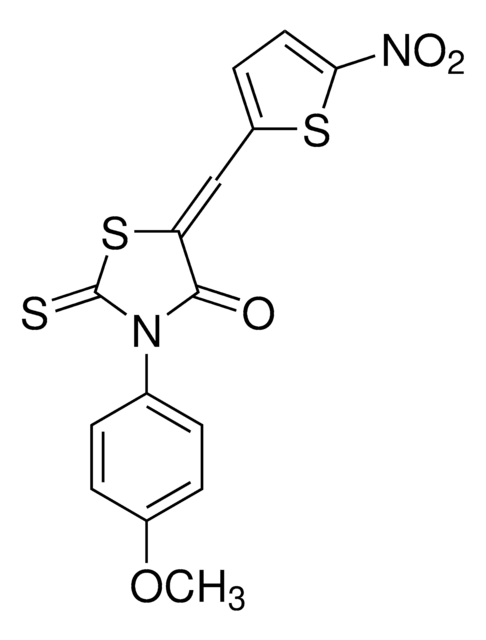LM1905
Avanti
17:0-20:4 PI(3,5)P2
Avanti Polar Lipids LM1905, powder
Synonyme(s) :
1-heptadecanoyl-2-(5Z,8Z,11Z,14Z-eicosatetraenoyl)-sn-glycero-3-phospho-(1′-myo-inositol-3′,5′-bisphosphate) (ammonium salt)
About This Item
Produits recommandés
Forme
powder
Fabricant/nom de marque
Avanti Polar Lipids LM1905
Conditionnement
1 ea of 1 × (with stopper and crimp cap (LM1905-1EA))
Conditions d'expédition
dry ice
Température de stockage
−20°C
Chaîne SMILES
[H][C@@](COP([O-])(O[C@H]1[C@H](O)[C@@H](OP(O)([O-])=O)[C@H](O)[C@@H](OP([O-])(O)=O)[C@H]1O)=O)(OC(CCC/C=C\C/C=C\C/C=C\C/C=C\CCCCC)=O)COC(CCCCCCCCCCCCCCCC)=O.[NH4+].[NH4+].[NH4+]
Catégories apparentées
Description générale
Actions biochimiques/physiologiques
Conditionnement
Code de la classe de stockage
11 - Combustible Solids
Faites votre choix parmi les versions les plus récentes :
Certificats d'analyse (COA)
It looks like we've run into a problem, but you can still download Certificates of Analysis from our Documents section.
Si vous avez besoin d'assistance, veuillez contacter Service Clients
Déjà en possession de ce produit ?
Retrouvez la documentation relative aux produits que vous avez récemment achetés dans la Bibliothèque de documents.
Notre équipe de scientifiques dispose d'une expérience dans tous les secteurs de la recherche, notamment en sciences de la vie, science des matériaux, synthèse chimique, chromatographie, analyse et dans de nombreux autres domaines..
Contacter notre Service technique








